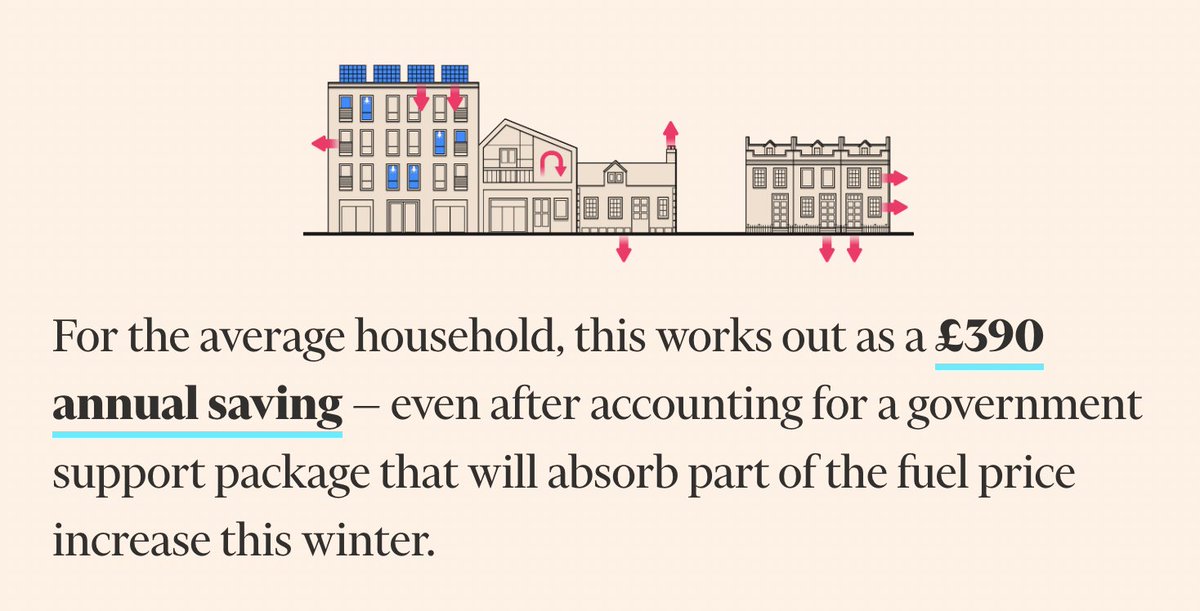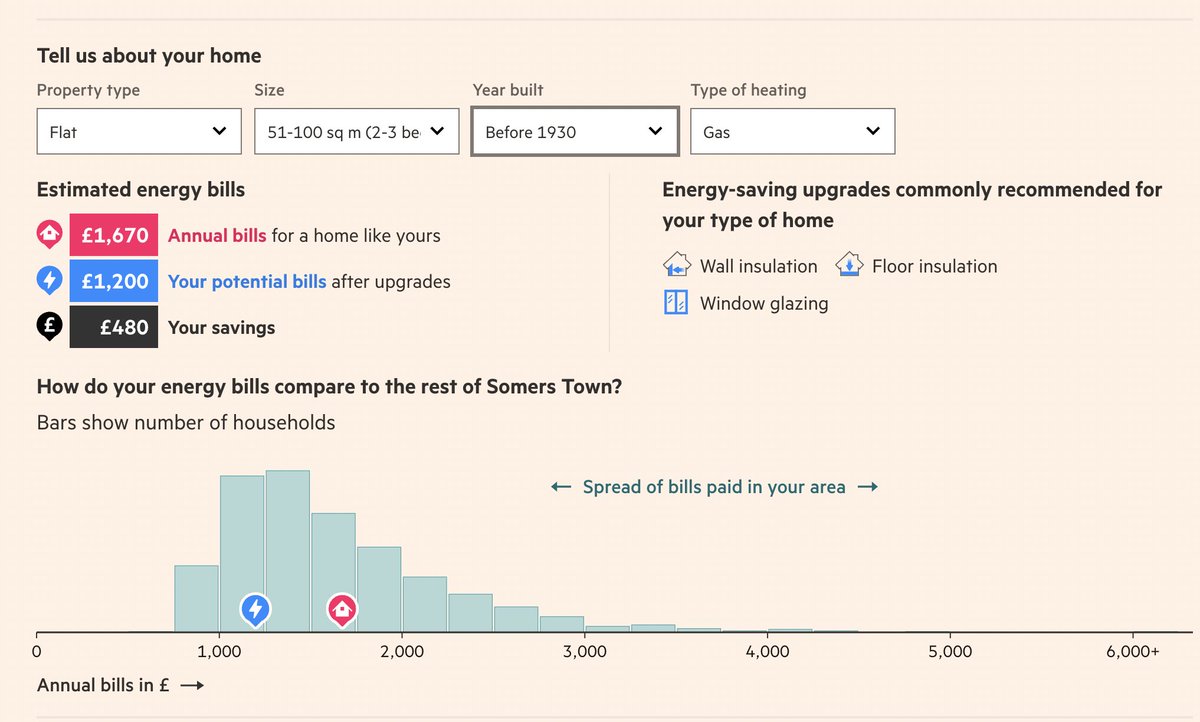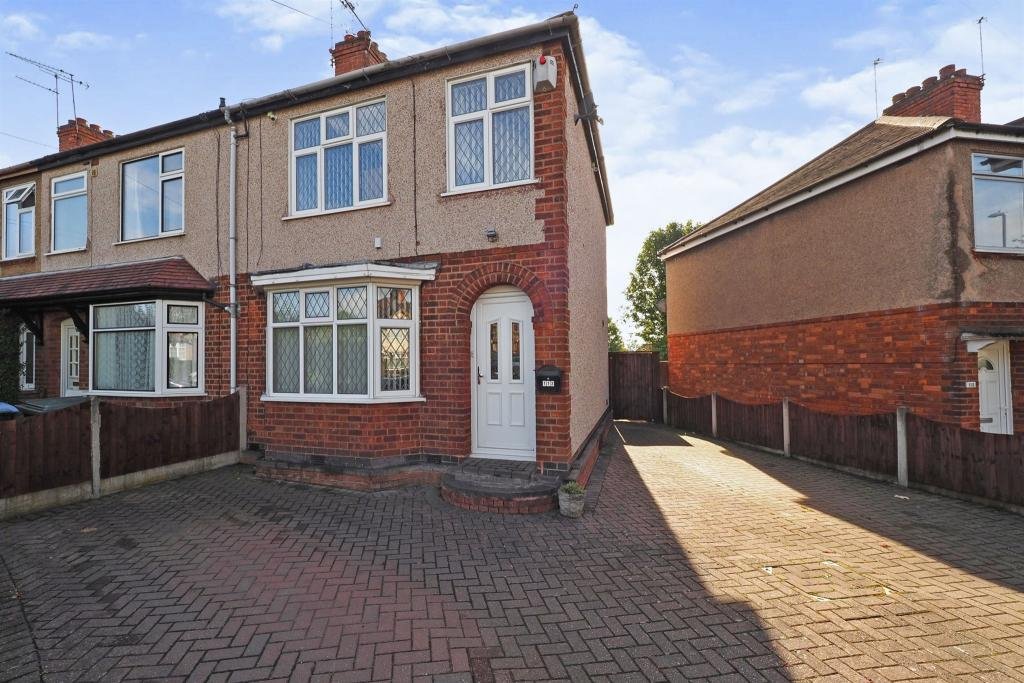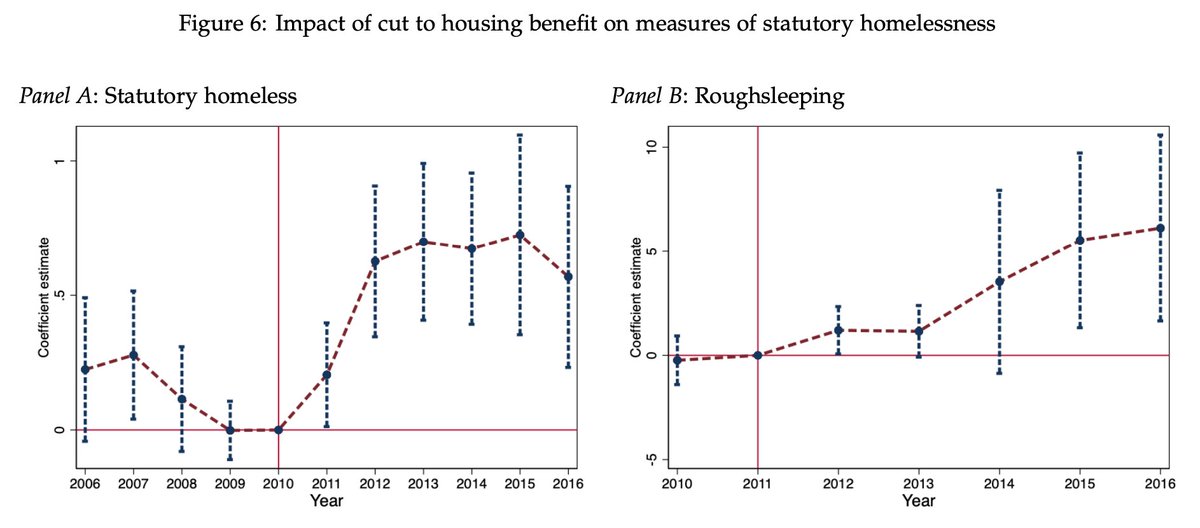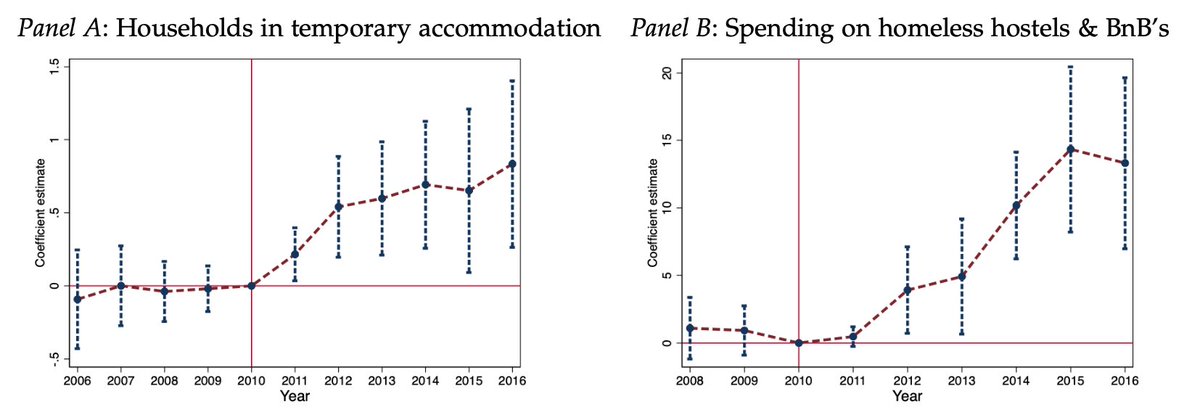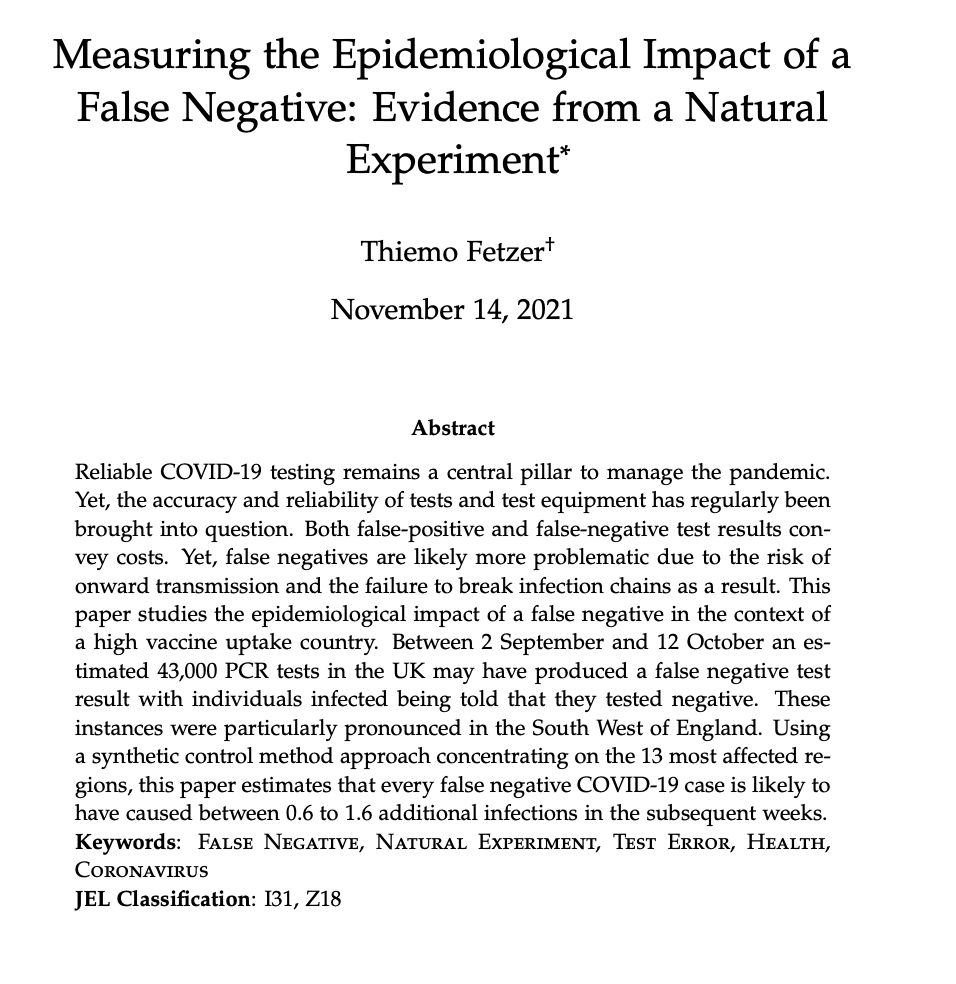
And yes... Eat-out-to-help-out was being defended. But on what grounds? What was the welfare analysis behind it? Who were the experts consulted? What was their incentive structure? I must admit, I did feel attacked for doing what I think I should as an academic: research. #EOTHO 

@jdportes @peterjukes @BylineTimes @guardian In all of this we have to question why this stuff is coming out now. I am just observing but it does seem to me the WhatsApp messages are being used to dismantle the competition and the EOTHO story is being "buried" with Johnsons' party stories dominating. Its super interesting
@jdportes @peterjukes @BylineTimes @guardian as there could have been a "cooperative" equilibrium of "silence". But that was not enforceable. And so its a "free for all" that will damage the public trust even further. All of this is eroding state capacity. After it has been hollowed out by #austerity. I have a few thoughts
@jdportes @peterjukes @BylineTimes @guardian on why and how #austerity happened. And it showcases IMO the damage that poor quality research together with a dose of ideology and heavy assumptions can cause. But I am for sure not the first one who has had these thoughts. But because our sector is subject to gatekeeping & the
@jdportes @peterjukes @BylineTimes @guardian incentive structure with "top journals" and "rankings" effectively silence many reasonable voices and produce "under-production" of knowledge. They erode incentives to meaningfully train, up-skill people and sharing "how my type of research is done". But in order to get past the
@jdportes @peterjukes @BylineTimes @guardian professional gatekeepers one needs to play ball. Because only this way can one get into the "journals" to then attract serious research funding to "scale up". But trust me, the bureaucracy around this is just bonkers. And yes, there are alternatives: radical transparency. And yes
@jdportes @peterjukes @BylineTimes @guardian I think this includes some of the most prestigious funding bodies awarding the most prestigious grants. Anyways, its weekend, & its about the only quiet time in which I can actually get work done these days. Yes, that is making me a bit sad. But my gut tells me it's important.
• • •
Missing some Tweet in this thread? You can try to
force a refresh


